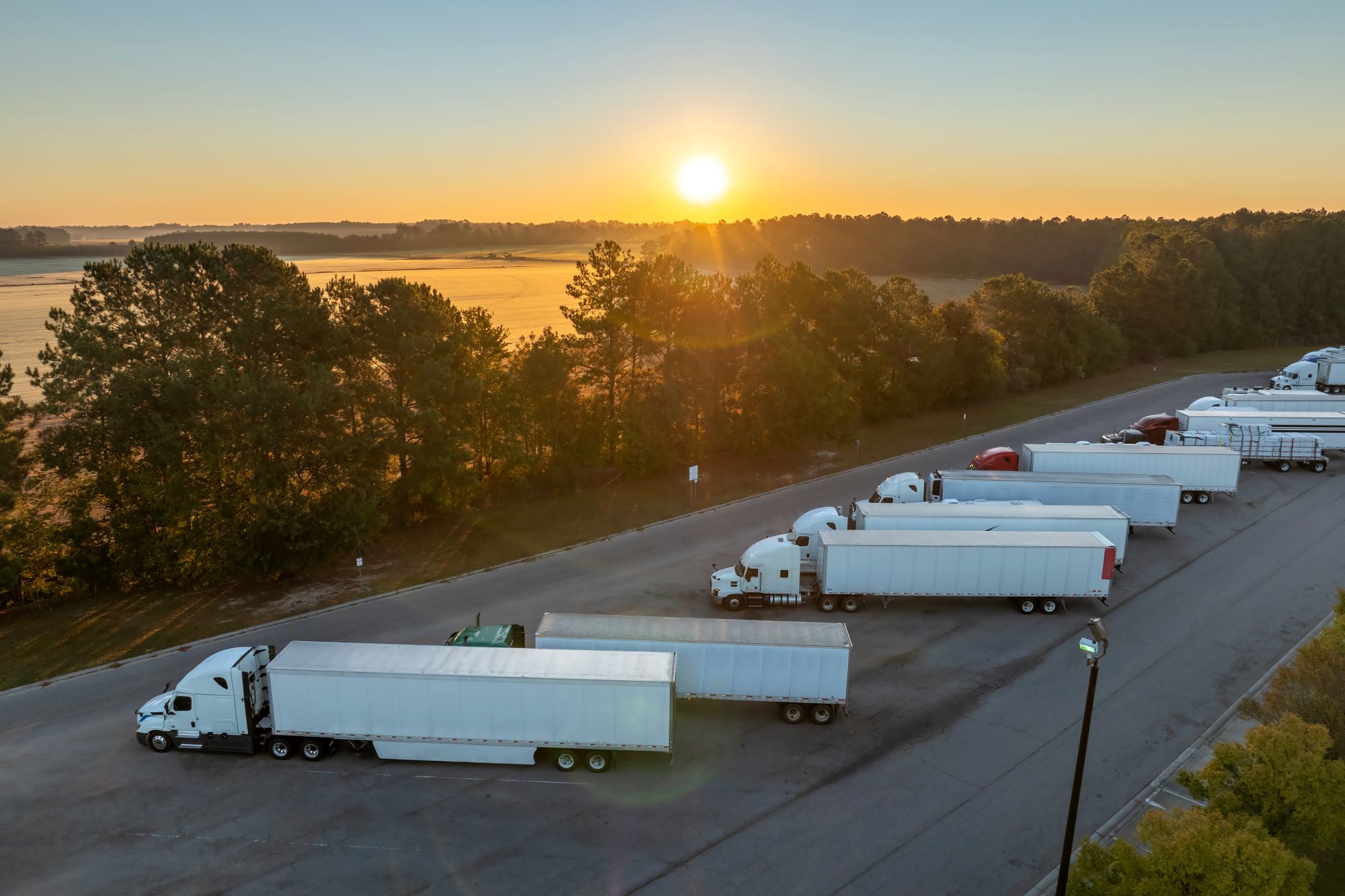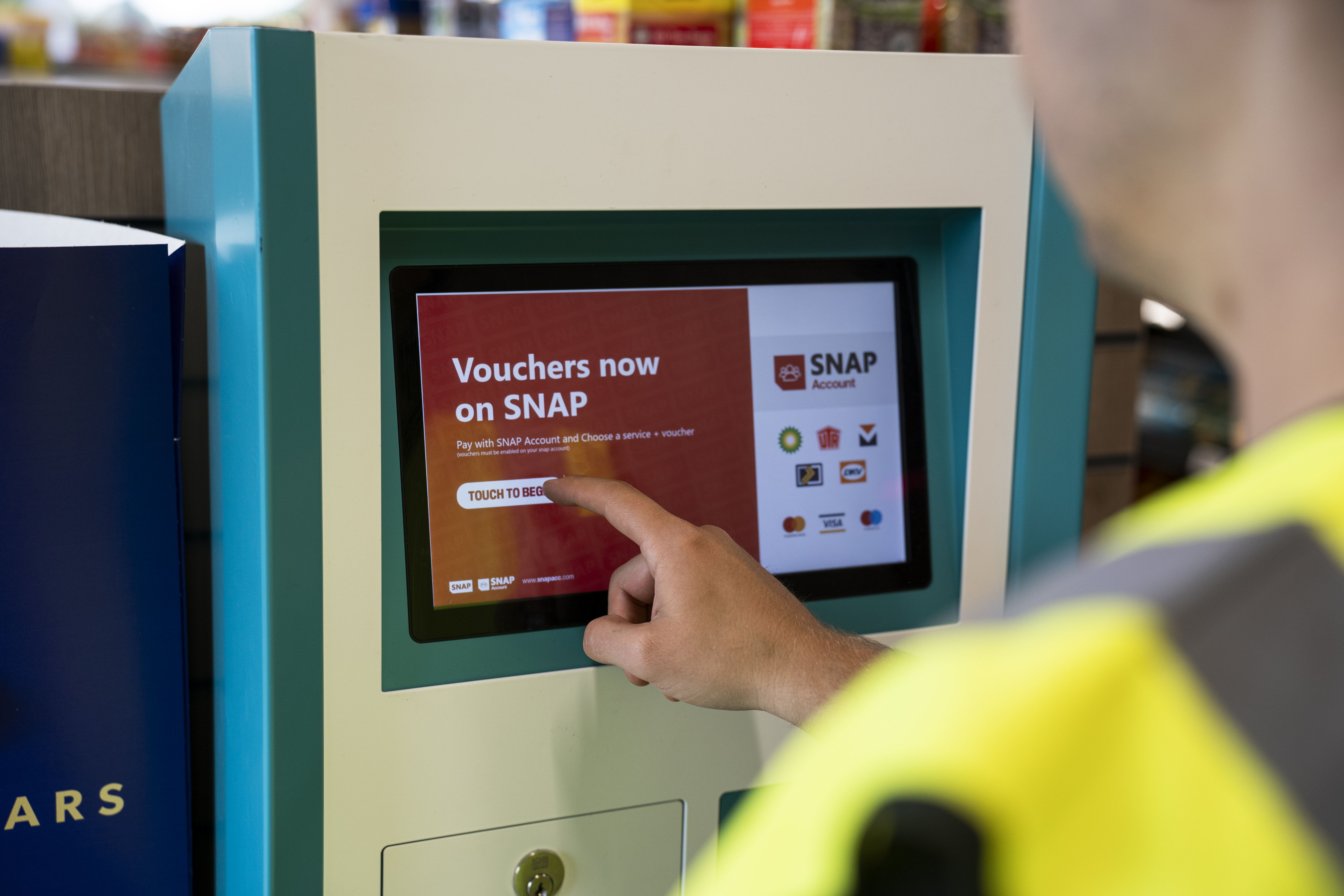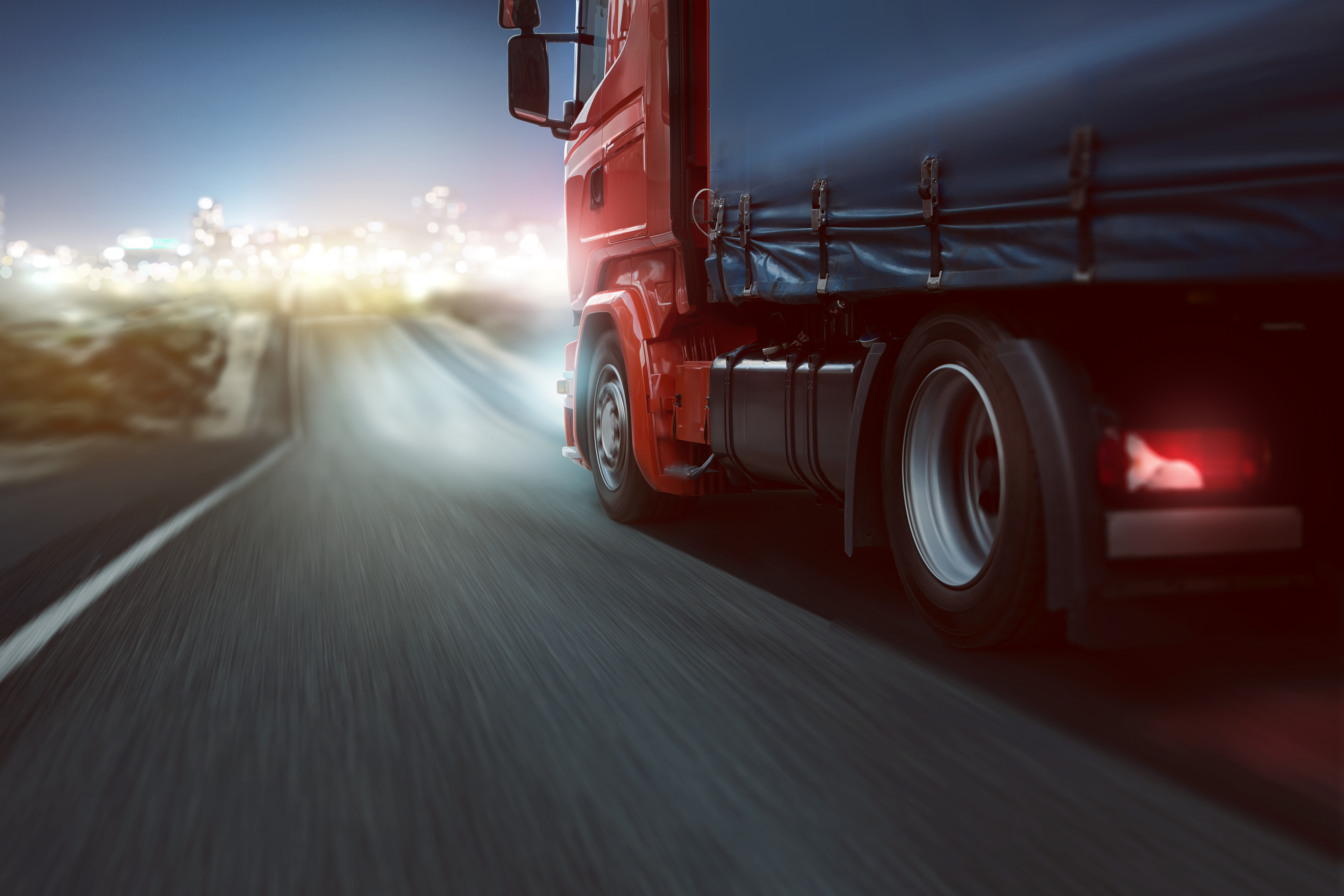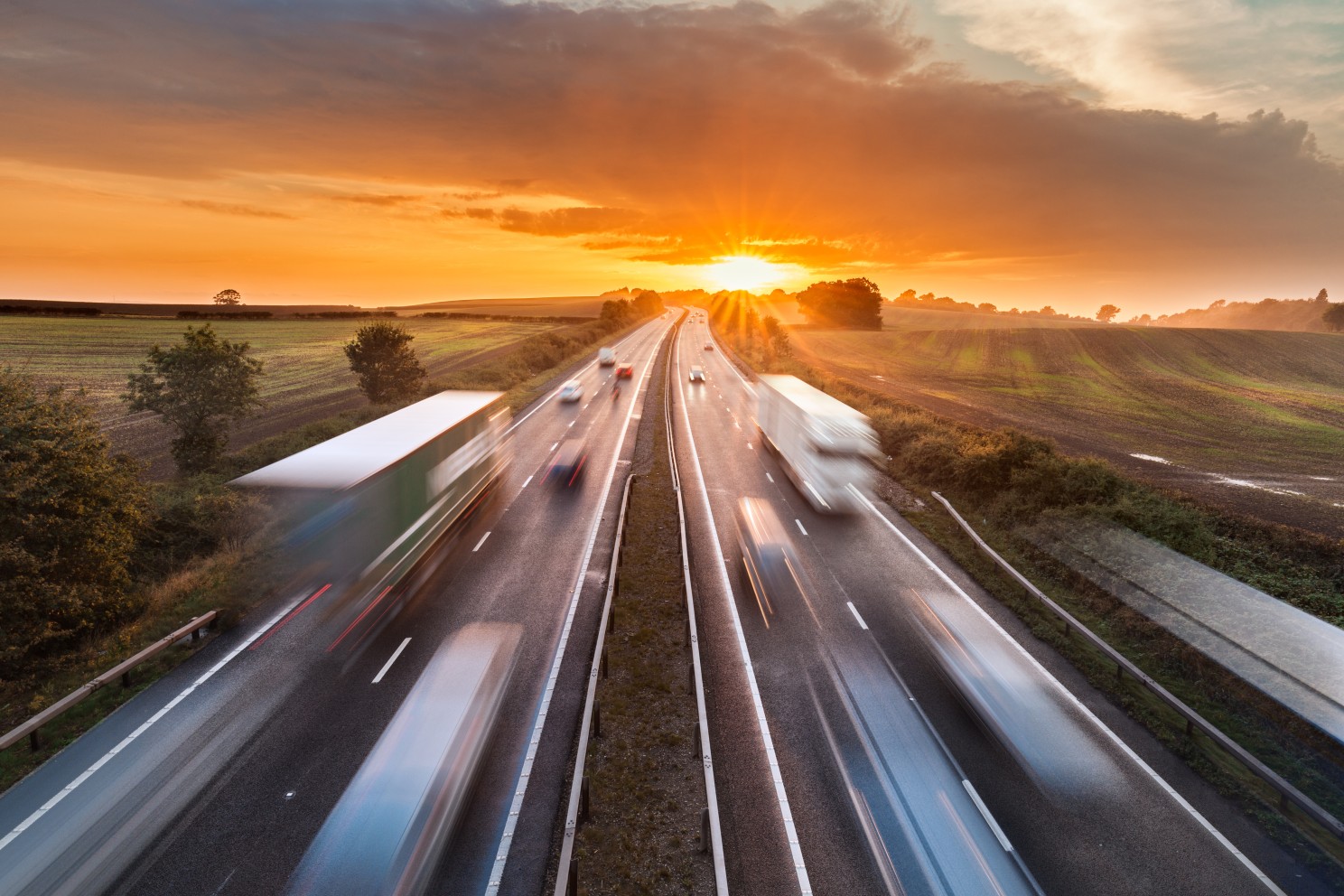
Susie Jones
Cum să abordăm problema diversității șoferilor în industrie
Creat: 21.08.2024
•
Actualizat: 21.08.2024
Dacă v-am ruga să descrieți un șofer de camion, răspunsul dvs. ar putea reprezenta o imagine stereotipă a unui bărbat alb, în vârstă. Este aceasta corectă? În mod tradițional, industria camioanelor a fost dominată de bărbați. De-a lungul anilor, industria a devenit mai diversă și a deschis oportunități pentru femei, persoane de diferite vârste și medii de a intra în acest domeniu. Diversitatea este în creștere, dar provocările externe precum Brexit și pandemia au sturat acest lucru.
Femeile în industrie
În ciuda unui deficit de până la 100 000 de șoferi de vehicule grele de marfă în Regatul Unit, doar 1% până la 3% dintre camionagii sunt femei. Așadar, de ce nu sunt mai multe femei care să se înscrie pentru viața pe șosea?
Siguranța: Se estimează că 60% dintre femeile camionagii s-au simțit nesigure în timpul serviciului. Multe și-au exprimat nevoia de a parca sub o lumină, de a-și planifica opririle și de a purta spray cu piper.
Tehnică și echipamente: Din punct de vedere ergonomic, camioanele au fost construite pentru bărbați. În trecut, femeile au considerat că atingerea comenzilor, ajustarea scaunelor și aspectele fizice ale meseriei sunt constrângătoare. Cu toate acestea, datorită progreselor tehnologice, efortul fizic nu mai reprezintă o problemă. Majoritatea camioanelor moderne au acum servodirecție și cutii de viteze automate pentru a face lucrurile mai ușoare.
În ciuda acestor eșecuri, femeile își fac auzite vocile și impun schimbări în industrie. Șoferi precum Jodi Smith sunt avocați de neprețuit pentru industrie. Jodi își împărtășește online experiențele în domeniul autocamioanelor și dovedește că această industrie nu este doar o lume a bărbaților.
"Conducerea unui camion nu este o meserie pentru bărbați - eu pot face această meserie cu un set complet de acrilice! Este destul de fizic, dar nu este greu", declara Jodi când [am vorbit cu ea în 2021] (https://fleetpoint.org/driver-training-safety/driver-safety-2/are-women-the-future-of-trucking/). Cu șapte ani de experiență în spate, Jodi continuă să pledeze pentru ca mai multe femei să se alăture comunității de camionagii.
Un rezultat care ar putea duce la drumuri mai sigure - datele [American Transportation Research Institute] (https://truckingresearch.org/) arată că femeile sunt șoferi comerciali mai siguri. Șoferii de sex masculin au cu 20% mai multe șanse să fie implicați într-un accident, în comparație cu omologii lor de sex feminin.
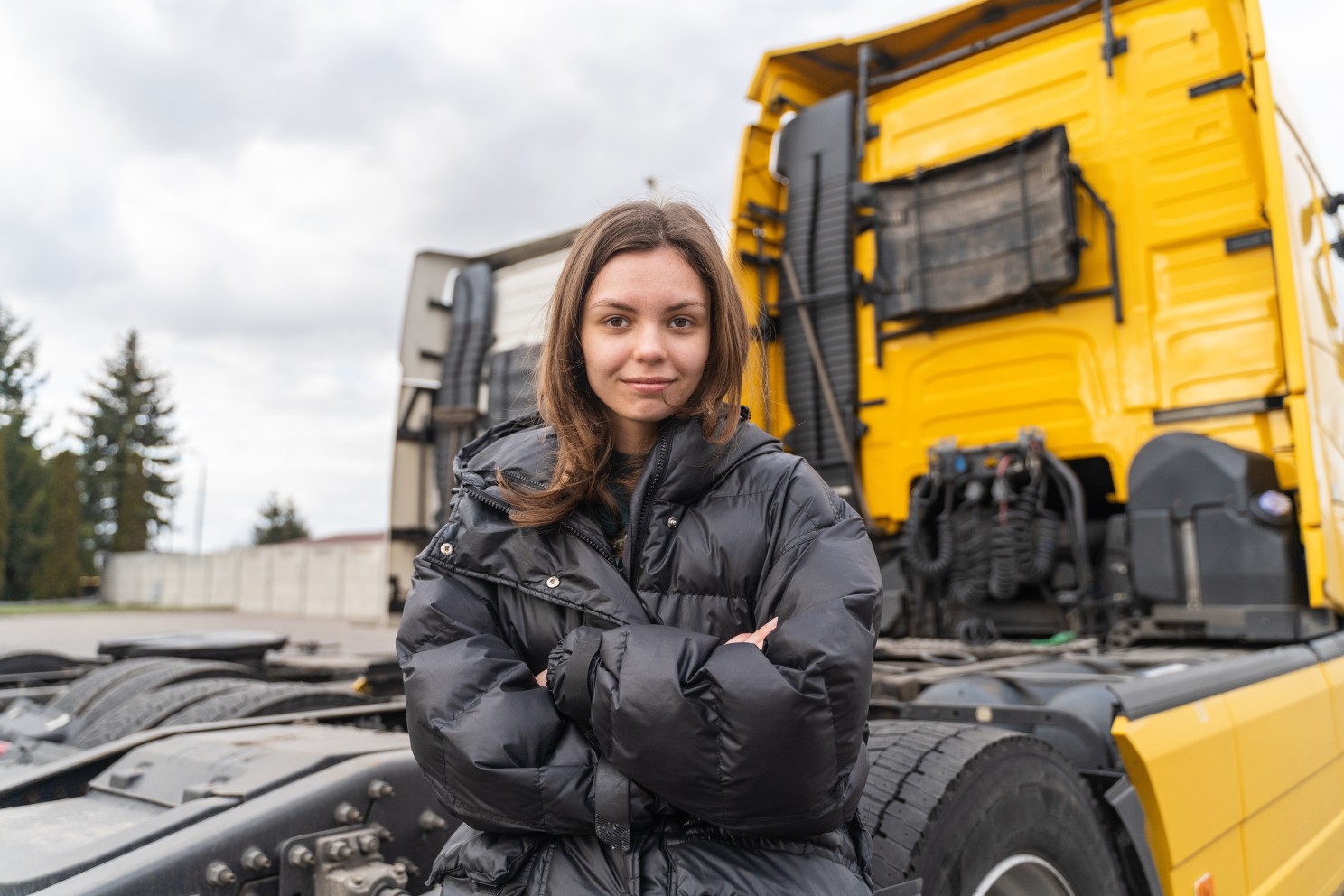
Diversitatea de vârstă în industrie
Oficiul Național de Statistică sugerează că vârsta medie a unui șofer de TIR este de 48 de ani, iar 47% dintre șoferii de camioane din Regatul Unit au peste 50 de ani și doresc să se pensioneze în curând. Aceste statistici, pe lângă deficitul actual de șoferi, sugerează o nevoie de șoferi mai tineri în industrie.
Acest lucru este mai ușor de spus decât de făcut; mulți șoferi tineri se confruntă cu următoarele provocări:
Formare profesională: Obținerea unui permis de conducere comercial poate costa până la 2.000 £
Asigurare: Deși vârsta minimă pentru a conduce un TIR în Regatul Unit este de 18 ani, mulți se luptă să obțină o asigurare
Experiență: Unele companii doresc să angajeze șoferi cu experiență, ceea ce poate fi un obstacol
Condiții: Viața de camionagiu poate fi solicitantă - orele lungi și timpul petrecut departe de cei dragi ar putea fi un factor de descurajare. Cu toate acestea, viața pe drum are multe avantaje, cum ar fi comunitatea, călătoriile, salariul și stabilitatea locului de muncă.

Companiile care caută șoferi pot beneficia de pe urma angajării de șoferi tineri. Aceștia sunt mai predispuși să se adapteze la o industrie în continuă schimbare. În plus, aceștia învață rapid și sunt favorabili progreselor tehnologice. O creștere a numărului de șoferi tineri care se alătură industriei va duce la scăderea ratei de fluctuație a personalului - reducând costurile companiei. De asemenea, se va asigura că industria satisface cererea în creștere de bunuri și servicii.
Cu toate acestea, care sunt dezavantajele pentru dumneavoastră dacă sunteți un șofer în vârstă? Unii sugerează că vârsta afectează abilitățile fizice și cognitive, influențând capacitatea de a conduce în siguranță. Acestea sunt vitale pentru șoferii de camion, care trebuie să facă față orelor lungi, solicitărilor fizice și situațiilor stresante.
FMCSA a abordat aceste preocupări. Regulamentele impun ca șoferii în vârstă să fie supuși frecvent unor examene medicale și unor evaluări ale conducerii. Recent, s-a raportat că un [șofer de camion în vârstă de 90 de ani] (https://www.bbc.co.uk/news/uk-england-south-yorkshire-64223431) din Sheffield continuă să conducă un camion după ce a primit un certificat de sănătate curat. Mulți susțin că șoferii în vârstă aduc cu ei zeci de ani de experiență și cunoștințe - sugerând că, dacă sunt sănătoși, nu ar trebui să existe o barieră în calea angajării.
Cum poate diversitatea să rezolve deficitul actual de șoferi?
În 2022, Biroul pentru problemele veteranilor a oferit 100 000 de lire sterline organizației caritabile Veterans into Logistics. Organizația oferă veteranilor posibilitatea de a deveni șoferi de vehicule grele. Finanțarea a permis organizației de caritate să își intensifice semnificativ formarea anuală, să crească numărul de angajați și să tripleze formarea disponibilă. XPO, ASDA și Muller Milk & Ingredients sunt toate companii care angajează în mod activ veterani direct după formare.
În plus, ASDA a oferit 40.000 de lire sterline pentru a ajuta la continuarea formării. Sprijinul acordat organizațiilor caritabile precum Veterans into Logistics creează o cultură mai diversă în cadrul conducerii de camioane, abordând în același timp în mod activ deficitul actual de șoferi.
Ce se poate face pentru a atrage mai multă diversitate?
O forță de muncă diversă deschide companiile către puncte de vedere și experiențe diferite. Ce pot face companiile pentru a atrage o forță de muncă diversă?
Investiți în formare: Formarea pentru educarea angajaților cu privire la subiecte precum prejudecățile implicite, incluziunea la locul de muncă, prevenirea discriminării și modul de susținere a unei forțe de muncă diverse poate avea un efect pozitiv.
Investiți într-un proces de recrutare incluziv: Anonimizarea CV-ului unui candidat poate reduce prejudecățile inconștiente.
Promovați o cultură incluzivă: Comunicați potențialilor candidați modul în care abordați problemele actuale legate de diversitate și incluziune.
Ajungeți la grupurile subreprezentate în această industrie.
Promovarea și primirea unei culturi diverse în domeniul conducerii de camioane poate aduce beneficii substanțiale industriei. Nu numai că va contribui la crearea unui mediu de lucru mai incluziv și mai primitor, dar va ajuta și la reducerea lipsei de șoferi. Companiile de camioane au responsabilitatea de a îmbrățișa diversitatea la fel de mult ca șoferii de camioane.
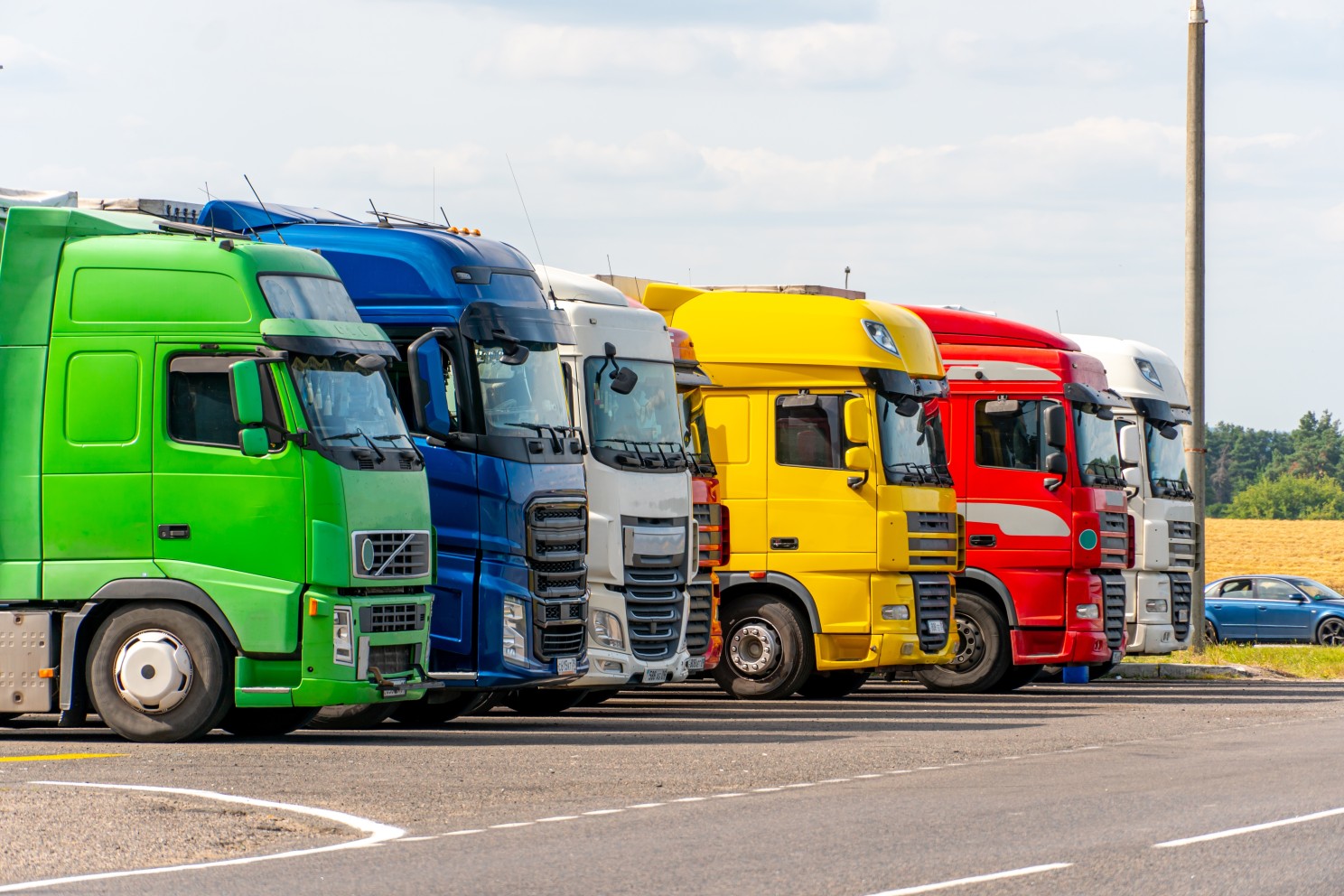
Ce țară are nevoie de șoferi de camion?
Un raport publicat în decembrie 2022 a sugerat că deficitele din Europa au crescut cu 42% din 2020 până în 2021. Regatul Unit a ieșit pe primul loc, cu 100 000 de posturi vacante de șoferi. Mexicul și China au ocupat, de asemenea, locuri fruntașe pe listă, deficitele din Mexic crescând cu 30 %, iar cele din China ajungând la un procent uluitor de 140 %.
Vom avea nevoie de șoferi de camion în viitor?
Introducerea camioanelor care se conduc singure i-a făcut pe mulți să sugereze că șoferii de camioane nu mai au niciun viitor. Totuși, acest lucru este departe de a fi adevărat.
Camioanele autonome vor fi implementate progresiv în regiunile desemnate. Probabilitatea ca acest lucru să afecteze majoritatea șoferilor este redusă.
Dacă camioanele autonome ar fi implementate la nivel mondial, șoferii ar fi în continuare necesari. Cererea de șoferi de camioane nu va face decât să crească, deoarece sunt prea multe lucruri care s-ar putea întâmpla dacă nu ar exista un șofer în cabină.
Care sunt stereotipurile șoferilor de camioane?
Cunoaștem importanța șoferilor de camioane, dar în ochii câtorva, stereotipurile negative sunt încă legate de această industrie - acest portret se poate datora unei reprezentări greșite în mass-media și, uneori, unor șoferi fără experiență. Dar ce este această imagine stereotipă? Și de ce este greșită?
Supraponderalitate - Unele stații de camioane oferă mâncare nesănătoasă de tip fast-food, ceea ce v-ar putea da impresia că șoferii de camioane consumă doar acest tip de mâncare. Totuși, aceasta nu este cu siguranță norma. Mâncatul sănătos pe șosea poate fi o provocare, dar mulți respectă o dietă bine echilibrată și fac exerciții fizice în mod regulat. Consultați sfaturile noastre pentru [a mânca sănătos pe drum] (https://www.linkedin.com/pulse/how-healthy-truck-driver-snap-account/?trackingId=g91E6xbfIMoJTora4dSipQ%3D%3D).
Șoferi răi - Un stereotip care nu poate fi mai departe de adevăr. Șoferii profesioniști de camioane iau foarte în serios siguranța. Aceștia respectă adesea limita de viteză, sunt foarte precauți în condiții meteorologice dificile și lasă suficient spațiu între ei și ceilalți șoferi.
Guraliv - Cu toții suntem supărați pe șosele, iar drumarii nu fac excepție. Cu toate acestea, este nedrept să punem acest stereotip numai pe seama drumarilor.
Toți șoferii de camion sunt bărbați - Bărbații sunt mai numeroși decât femeile în această industrie; cu toate acestea, numărul femeilor șoferi de camion este în creștere.
